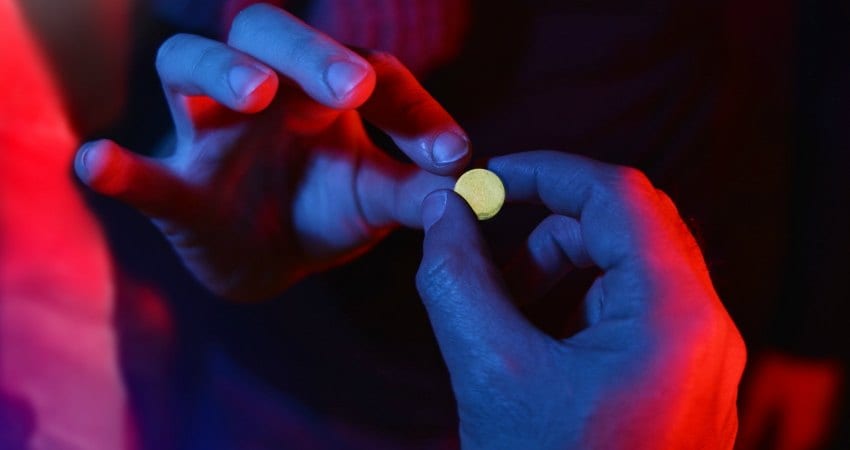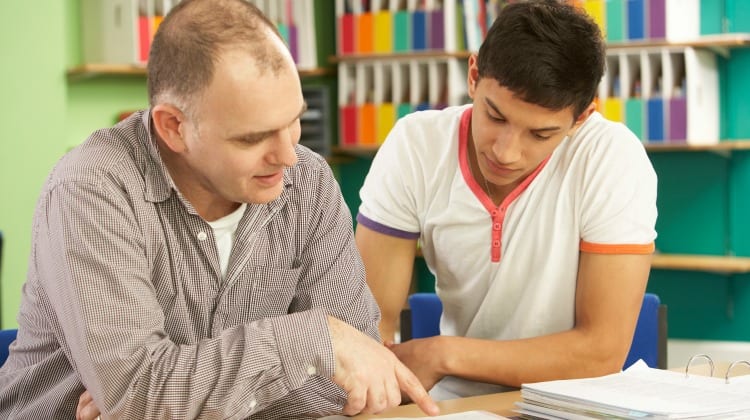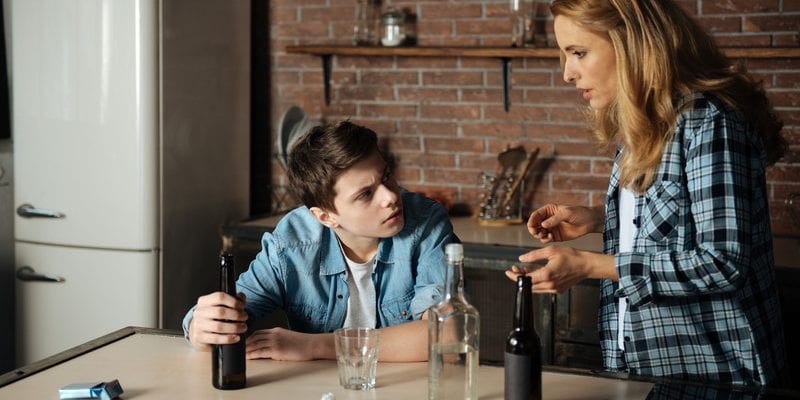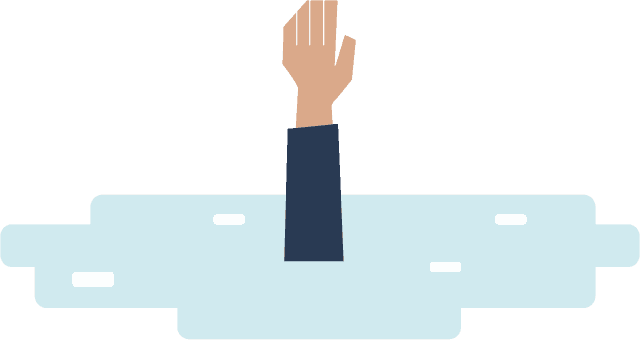Different hallucinogens can go under a number of nicknames for teenagers. Psilocybin may be known as shrooms or magic mushrooms. Lysergic acid diethylamide can be referred to as acid, blotter, or LSD. Phencyclidine goes by names such as angel dust, wack, ozone, PCP, and boat.
How exactly does a hallucinogen affect your teenager’s perception?
This type of drug goes straight to the root of your perception—your brain. It may alter how your senses work. Suddenly, images may be appearing that are not really there, sounds may be heard that no one else can hear, and normal everyday materials can feel extremely new or different to the touch. Like stimulants, hallucinogens can be the cause for an elevated pulse or high blood pressure. In extreme cases, complete heart failure can occur.
If a teenager uses the drug, he/she may experience different feelings as well. Generally the drug can leave one feeling quite disoriented, perplexed, and apprehensive. Outright delusions and severe paranoia are serious effects that a user may have to deal with. These serious effects may require urgent medical attention. A teenager using a hallucinogen may have little control over his/her self. Slurred speech, involuntary muscle spasms, and hostility are just some of the possible bodily reactions to the drug.
Hallucinations and distortion
You must emphasize to your teen that despite how he/she may be offered the drug at a party or somewhere else, hallucinogens are illegal. The drug can cause heavy distortion of your teen’s surroundings. Like with the use of other drugs, a teen’s body may develop a tolerance to the substance. The hallucinations that the substance may bring about can even take place long after the time of use, maybe up to months or years after. The effects that a hallucinogen may have on your child long after his/her use can be flashbacks, a lack of drive or motivation, extended periods of depression, anxiety or panic attacks, emergence of phobias or obsessions, and intensified delusions.
Is your teen a hallucinogen user?
In order to catch your troubled teenager using hallucinogens, watch out for the following signs:
•Hazy vision or perception of sound
•Enlarged pupils
•Feeling extremely anxious or paranoid
•Abrupt changes in temperament
•Dizziness
•Illogical, absurd actions
If you notice these signs in your teenager, don’t try and handle things all on your own. Abuse of a substance like this is a serious matter and requires proper attention, seek professional help.
Caught in the act
What can you do if you catch your troubled teenager at a time of his/her actual use of the substance? Call a medical professional right away, and talk to your child. Call your teenager by his/her name in order to help them re-focus on the present reality and reassure them of their safety in order to keep him/her from panicking. Physically stay by his/her side until a professional gets there. Remain calm for the sake of your teenager.





